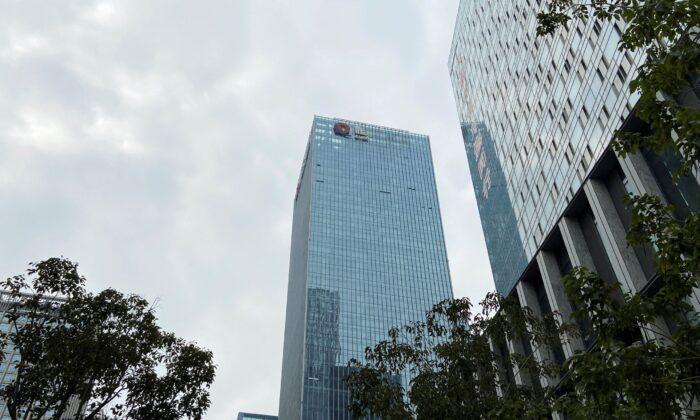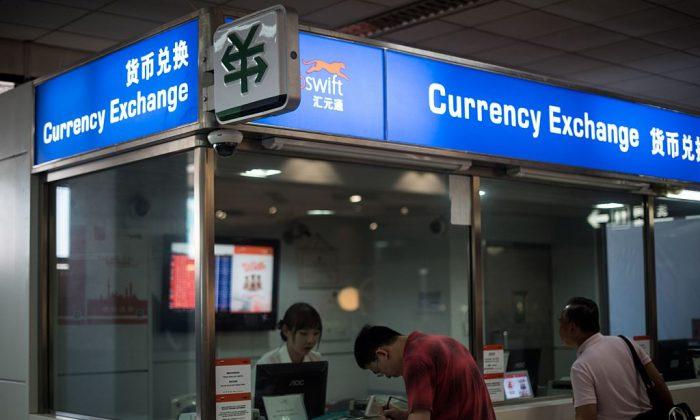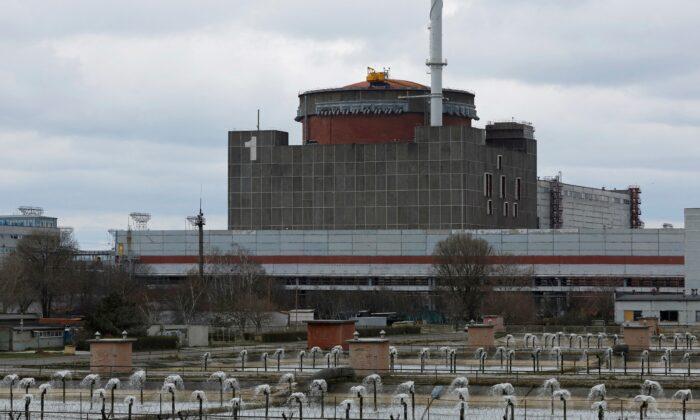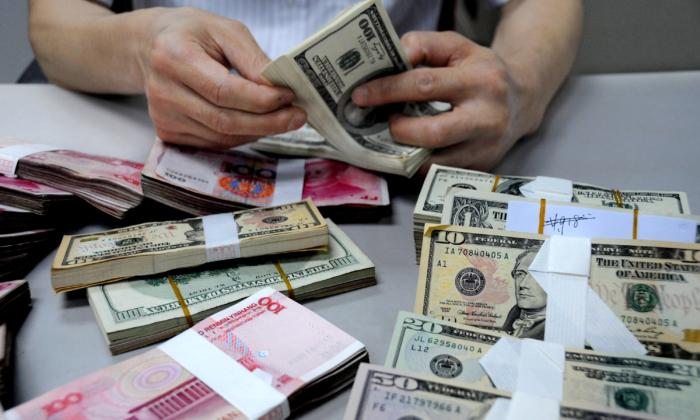The Chinese Communist Party (CCP) is trying to reverse the devastating economic effects of its extreme three-year zero-COVID lockdown. After the Chinese new year, local provincial governments across the country began a new trend of huge infrastructure spending in an attempt to reverse the economic downturn.
An important source of funding for construction and infrastructure projects in China is special bonds issued by local governments. In 2022, the Chinese regime accelerated the issuance of special bonds and tilted its investment focus toward infrastructure. The Bank of China Research Institute published a report on April 22, 2022, stating that since the second half of 2021, China’s real estate market has been hitting rock bottom, and the pressure on local governments to repay special bonds has increased.
According to the Chinese Ministry of Finance on Jan. 30, the CCP local government revenue for 2022 would be 7.38 trillion yuan ($1.1 trillion), down 21.6 percent from 2021. This drastic decrease in the regime’s revenue reflects a side of China’s economic downturn.
One example is Shenyang City, Liaoning Province in China, where the volume of land sales plummeted in late 2021 with a failed auction rate of up to 70 percent in December 2021. However, in 2023, the provincial government is rolling out massive spending on urban infrastructure.
CCP Investing Heavily in Infrastructure Amid Huge Debt Risks
For years, the CCP viewed infrastructure spending as a tool to stabilize the economy and promote economic growth in China. For example, in the past decade, we have seen the rapid expansion of China’s high-speed rail. However, many might question why the CCP would continue spending and investing despite its high risks during the economic downturn.Scale of Local Government Debt
Recently, an article published on China’s Sina Finance pointed out that the Chinese regime’s urban infrastructure investments have reached 65 trillion yuan (approx. $10 trillion), which is approx. $6,900 per capita, given China’s population of 1.4 billion.With the CCP’s corruption and history of falsifying various data, it is often difficult for the outside world to get an accurate picture of the real situation. In general, it is usually more serious than the official story.
HuaAn Securities Co. reported in early January 2023 that based on incomplete data, 31 major infrastructure project contractors across 12 provinces in China had defaulted on loans, with two of them having risky loans of over 6 billion yuan (approximately $900 million) and six of them over 2 billion yuan (approximately $300 million). Such data further amplifies the financial risks facing the local governments in China as the CCP pushes extremely risky spending programs in order to stop the country’s economic downturn.






